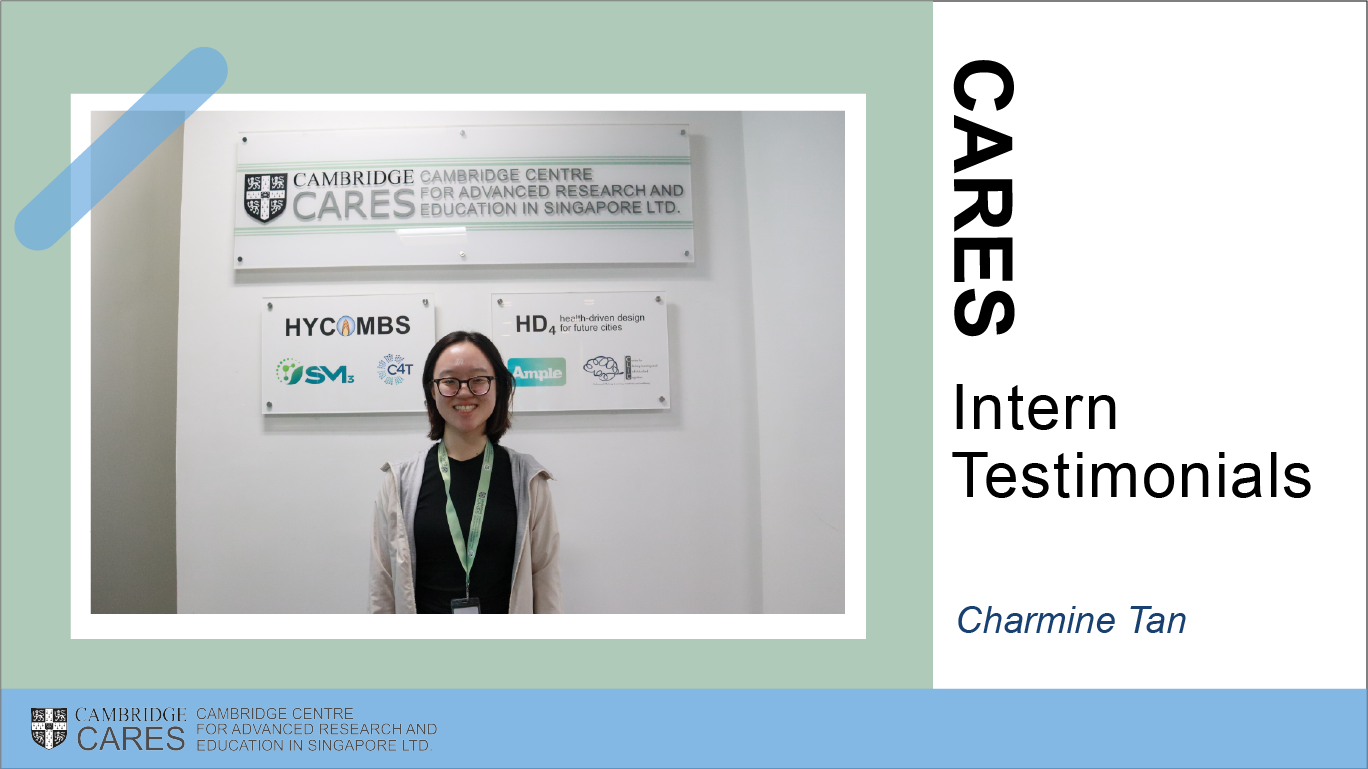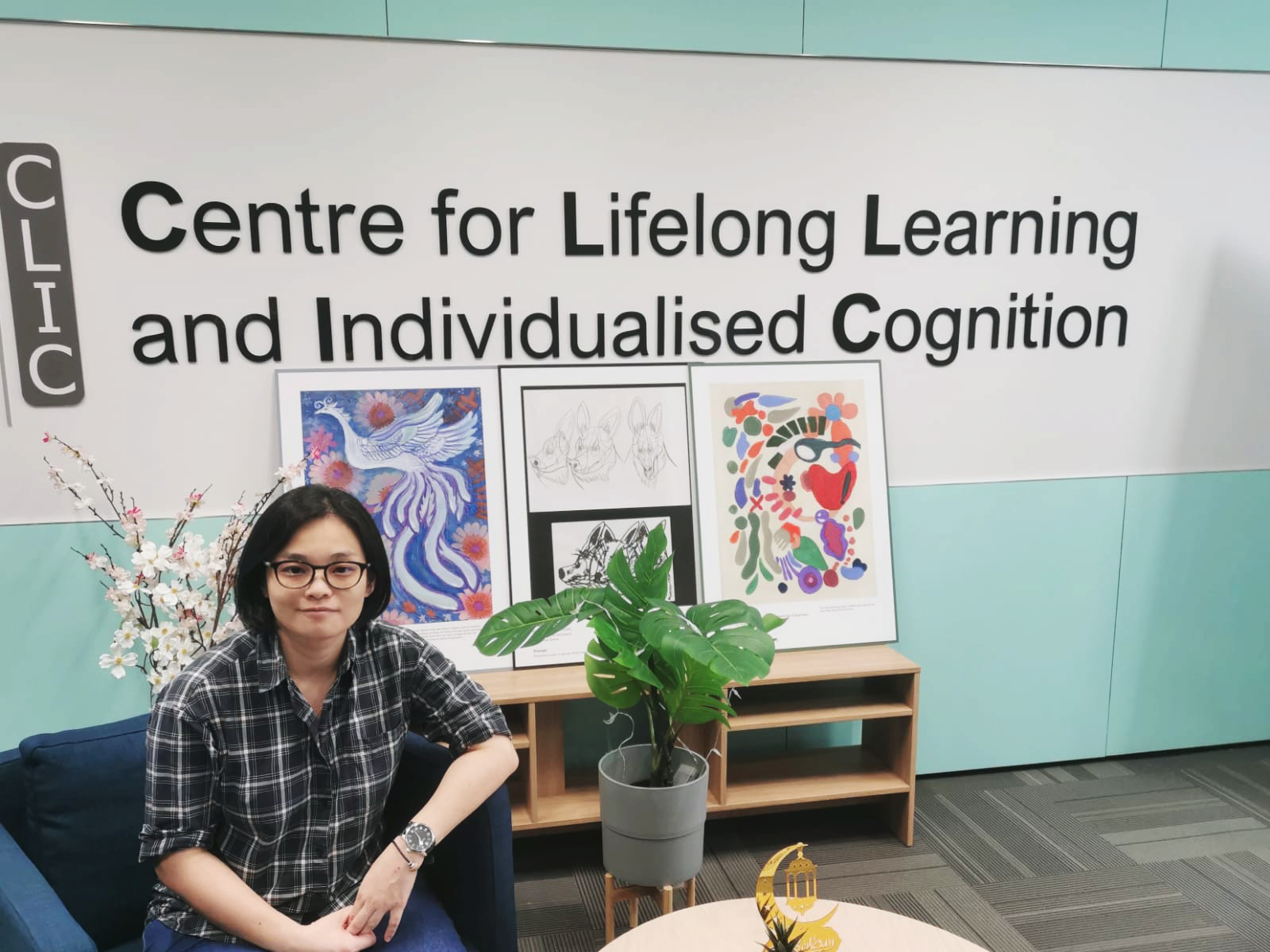CARES has partnered with the Singapore-ETH Centre to collaborate on the next phase of Cooling Singapore, an interdisciplinary project which aims to mitigate the urban heat island effect in Singapore.
Cooling Singapore was launched in 2017 and is hosted by the Singapore-ETH Centre, which was established by ETH Zürich at the Campus for Research Excellence and Technological Enterprise (CREATE). The first phase of the Cooling Singapore project (2017-2018) focused on assessing Singapore’s urban heat island effect and outdoor thermal comfort in order to identify potential heat mitigation measures. This work allowed identification of knowledge and technology gaps for future work.
With its warm and humid climate, Singapore already experiences hot weather year-round. It is also particularly susceptible to the urban heat island effect, which is generally worse in built-up areas where buildings and roads trap not only heat from the sun, but that generated by industry and transportation. This combination of factors, along with climate change, means that Singapore is warming at twice the rate of the rest of the world. Cooling Singapore tackles urban heat caused by the urban environment. Even small improvements in this area can make a difference in the health and comfort of the population.

Singapore’s high building density increases urban heating.
CARES is partnering with Cooling Singapore in its third research phase (Cooling Singapore 2.0), which aims to develop a Digital Urban Climate Twin of Singapore. This platform will bring together several computational models (environmental, land surface, industrial, traffic, building and energy) to investigate ways to reduce Singapore’s urban heat and mitigate its effects. The Digital Urban Climate Twin will also allow researchers to trial various scenarios and predict the impact they may have on urban environment.
CARES’ contribution to Cooling Singapore 2.0 will be in evaluating the anthropogenic heat emissions from industry in Singapore by developing energy models. Ultimately, these energy models will be fed into the Digital Urban Climate Twin. CARES will also be developing models to simulate the effect of potential mitigation strategies on the anthropogenic heat emissions from industry in Singapore.
In addition to Cooling Singapore, CARES and the Singapore-ETH Centre are also working together on another project to better analyse and therefore improve Singapore’s energy usage. This project is also developing a digital twin to model energy data for better city planning and policy frameworks.
Professor Markus Kraft, CARES Director, said, “I am very happy that CARES has been able to join the Singapore-ETH Centre as they continue their important research into Singapore’s heat challenge.”
Other partners in Cooling Singapore 2.0 include the Singapore Management University, Singapore-MIT Alliance for Research and Technology, the Technical University of Munich’s TUMCREATE and National University of Singapore.
About CARES
The Cambridge Centre for Advanced Research and Education in Singapore (CARES) was established in 2013 as the University of Cambridge’s first research centre outside the UK. It brings together researchers from the University of Cambridge, Nanyang Technological University and National University of Singapore to work on problems relevant to Singapore and the world at large.
About SEC
The Singapore-ETH Centre (SEC) was established in 2010 by ETH Zürich – The Swiss Federal Institute of Technology and Singapore’s National Research Foundation (NRF). As ETH Zürich’s only research centre outside of Switzerland, the centre has strengthened the research capacity of ETH Zürich to develop sustainable solutions to global challenges in Switzerland, Singapore and the surrounding regions.
About CREATE
This research is supported by the National Research Foundation, Prime Minister’s Office, Singapore, under its Campus for Research Excellence and Technological Enterprise (CREATE) programme. CREATE is an international collaboratory housing research centres set up by top universities. At CREATE, researchers from diverse disciplines and backgrounds work closely together to perform cutting-edge research in strategic areas of interest, for translation into practical applications leading to positive economic and societal outcomes for Singapore. The interdisciplinary research centres at CREATE focus on four areas of interdisciplinary thematic areas of research, namely human systems, energy systems, environmental systems and urban systems.


